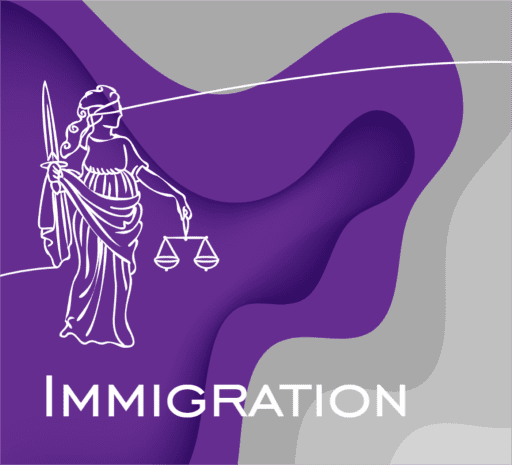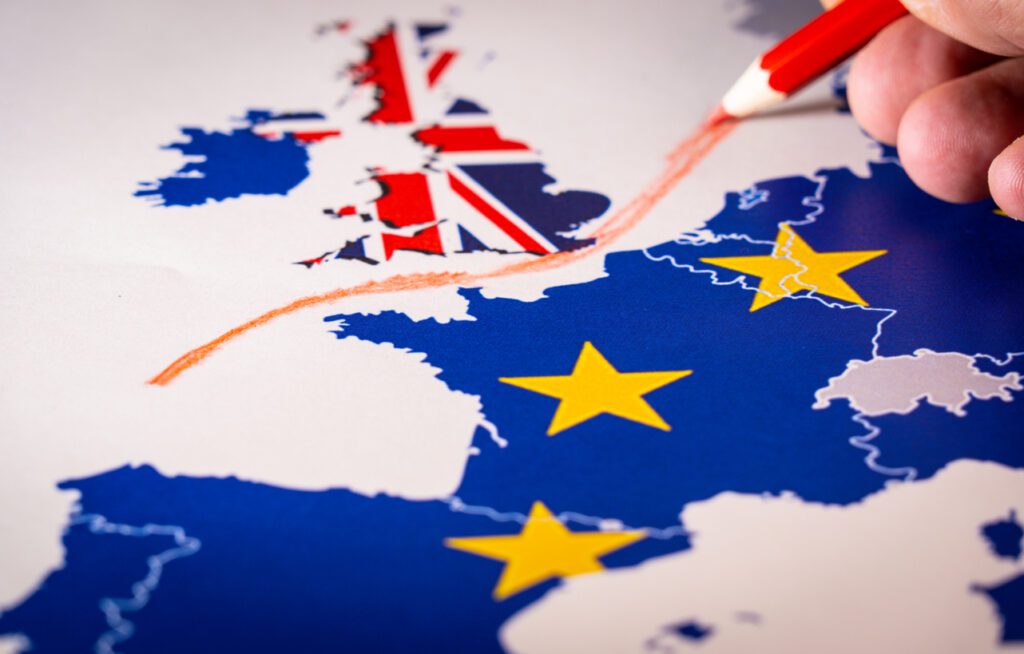What is a Sponsor License Compliance?
Under the terms of the new immigration legislation implemented as of November 2008, UK employers are obliged to obtain sponsor licences from the Home Office, in order to legally employ workers from outside the EEA. Please note that sponsorship licenses are only granted upon the respective organisation meeting several fundamental requirements, along with the provision of sufficient supportive evidence.
We strongly suggest securing expert legal consultancy, prior to completing or submitting your sponsor licence application.
Please note that the terms and conditions governing the provision of the sponsor license continue to apply after a licence has been granted. While the respective organisation continues to employ and utilise non-EEA workers, they are obliged to fulfil all applicable terms and conditions accordingly.
Any evidence of noncompliance may result in the downgrading or retraction of the sponsor’s license, along with heavy penalties and possible imprisonment in extreme cases.
What is a Immigration Compliance?
The term ‘immigration compliance’ refers to the various terms and conditions that govern the provision of any visa or permit to enter, live, and work in the United Kingdom. It is the responsibility of both the employer and the employee to ensure the terms of their visa are abided by at all times.
As each case is unique, the terms and conditions governing every visa may be different. The Home Office is committed to ensuring each and every overseas employee in the United Kingdom is hired legally, ethically and in accordance with all applicable legislation. As an employer, it is your responsibility to maintain your organisation’s immigration compliance at all times, in accordance with your hiring practices and applicable immigration law.
Whatever the size and nature of your organisation, we can help ensure your on-going compliance with key immigration policy. This way, you’ll be prepared for every possible eventuality – including a planned or unexpected Home Office audit. Call today to discuss your requirements in more detail with a member of our business immigration team.
What are the eligibility requirements for a Sponsor License?
Every organisation operating in the United Kingdom is entitled to apply for a sponsor license, after which they may be able to recruit non-EEA workers. However, the business must be a legitimate, registered and recognised entity in the UK, operating on a for-profit or non-profit basis.
Please be advised that if an organisation has been registered as no longer operational for any reason, it cannot be granted a sponsor license. In addition, the organisation must ensure it is willing and able to comply with all applicable immigration legislation, prior to submitting an application for a sponsor license.
Please contact a member of our business immigration team to discuss the eligibility of your organisation in more detail.
Assigning Roles
It is a requirement for the organisation applying for the sponsor license to assign a series of roles to individuals known as Account/Compliance Officers. Key examples of which include:
- Authorized officer
- Key contact
- Level 1 user
However, it’s important to note that one or more of these roles can be combined and overseen by the same individual. For example, the authorised officer could be both the key contact and the Level 1 user, or assign key contact duties to a different person is preferred.
Please be advised that such responsibilities should be assigned to those who fully understand the importance of total and continuous immigration compliance. Even the slightest discrepancy at any level could adversely impact the eligibility of your organisation for a sponsor license.
In addition, the Home Office may to some extent scrutinise the personnel appointed by the organisation, in order to ensure that they do not pose any specific threat to UK immigration control. For example, if the appointed individual has a history of immigration offences or a criminal record, they may be deemed unsuitable to handle such responsibilities. To avoid unnecessary complications, we strongly advise seeking expert legal support prior to establishing your non-EEA hiring framework.
Does the Home office keep Records and save data?
Please note that the Home Office has the authorisation to visit any UK business at any time to verify its compliance or otherwise with applicable immigration policy. In the case of an immigration audit, you will be expected to provide clear and complete records of all hiring and general employment activities involving overseas migrants. As an inspection can occur at any time and without notice, meticulous record-keeping and reporting systems are mandatory.
This doesn’t necessarily mean that your immigration compliance framework should be overly complex or time-consuming to maintain. It’s simply a case of keeping accurate records and holding onto any documentation the Home Office may wish to inspect.
In accordance with UK immigration legislation, the organisation’s record-keeping system must record and store the following:
- Relevant pages of the sponsored migrant’s passport – personal identity details, leave stamps, immigration status and the period of leave to remain;
- The migrant’s BRP;
- The National Insurance number of the worker;
- Contact details – current and historic;
- Disclosure barring service check (if relevant);
- Record of the migrant’s absences;
- Contract of employment;
In instances where the rules of the Resident Labour Market Test apply, the organisation must keep additional records and documents including:
- Evidence of the current recruitment programme in place (if relevant);
- Advertisements placed for the vacancy;
- Supplementary evidence of the recruitment process including:
- Applications and names of shortlisted applicants;
- Notes from all interviews conducted;
- Reasons for rejection in the case of EEA nationals;
- Endorsements from governing bodies (if relevant);
- Detailed job descriptions.
As a rule of thumb, no documentation or evidence collected under the terms of the Resident Labour Market Test should be discarded, just in case a Home Office inspector requests them at a later date. Even if the non-EEA employee quits or is terminated, such documentation should be retained for a minimum of one year following their departure.
How can we report Discrepancies to the Home Office?
It is the obligation of the employer to report any discrepancies whatsoever to the Home Office, for which complete supporting evidence and documentation may be required. Examples of such scenarios include the following:
- The non-EEA migrant worker fails to turn up on their first day and cannot be contacted:
- The worker’s contract of employment is terminated early;
- The worker doesn’t turn up for work for 10 or more days without having obtained permission;
- There are any changes of significance in the worker’s employment contract.
The Home Office expects the hiring organisation to carefully monitor the professional activities and general compliance of their non-EEA workers at all times. This includes reporting any possible discrepancies to the Home Office as promptly as possible.
We also provide Immigration Compliance Training Services
We’re proud to offer a complete suite of immigration compliance training services for UK businesses. If you’d like to improve your knowledge of key immigration issues, we’d be happy to provide a bespoke training package to suit your requirements and your budget:
Examples of the training services we provide include the following:
- The basics of immigration law for Tier 2 and Tier 5
- Complete and accurate immigration record-keeping
- Overseas employee sponsorship best practices
- Monitoring non-EEA migrant workers
- The categories of permission
- Requesting a new CoS and assigning compliance officers
- Remaining Compliant
For more information or to discuss your requirements in more detail, contact a member our UK Visa Licensed Sponsor team at Aristone Solicitors today.



